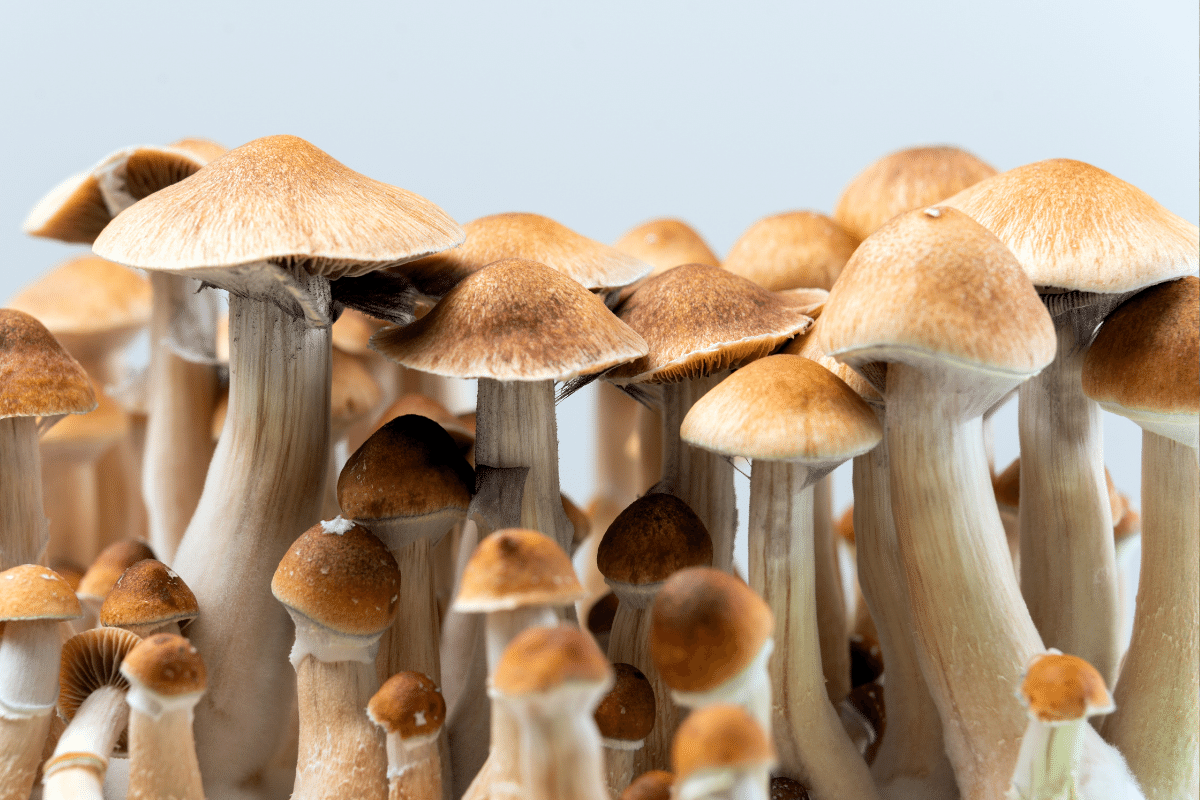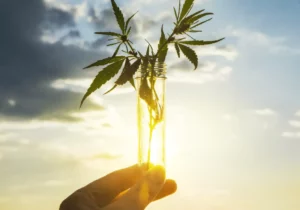After several decades of being ignored by mainstream society, psychedelic mushrooms, known as psilocybin, are being embraced for their remarkable healing qualities. Every day seems to bring new reports about the abundant therapeutic benefits of psilocybin — reports often generated by respected research institutions, such as Johns Hopkins and the Imperial College London. It’s time to start paying attention to psilocybin and how it may disrupt our mental healthcare system.
What is Psilocybin?
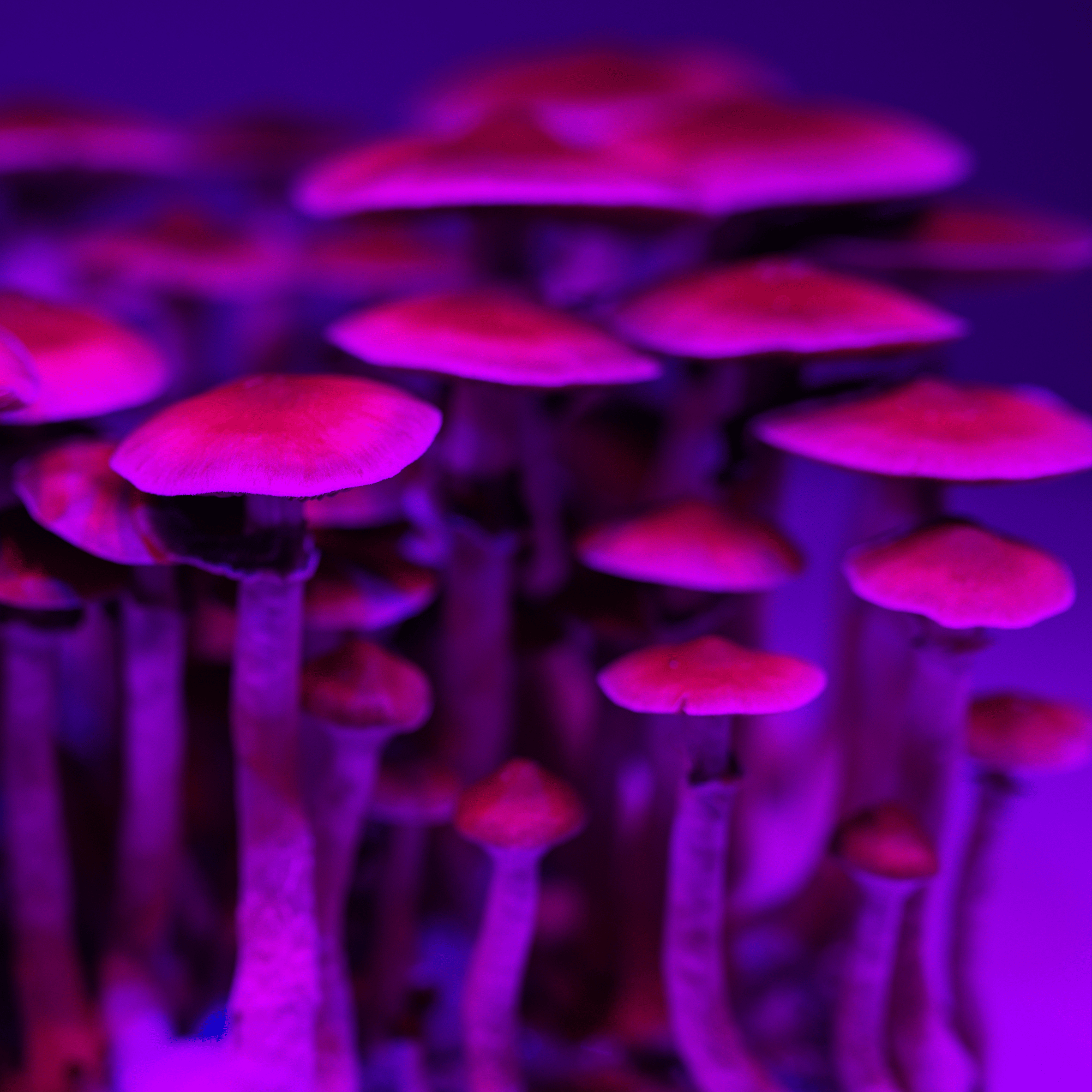
Psilocybin, also known as magic mushrooms, is a chemical compound found within certain mushrooms. It is also one of the most well-known plant-based psychedelic drugs. When psilocybin is consumed, it turns into psilocin, which has psychoactive properties which result in a psychedelic experience for the consumer.
More than 180 mushrooms contain this compound, with psilocybe cubensis being probably the most well-known. In fresh or dried form, the mushrooms are usually mixed into food or brewed into tea, although some research labs process the mushrooms to precisely measure the psilocybin dosage.
What are the Effects of Psilocybin?
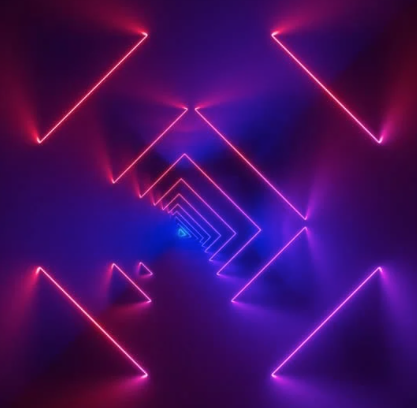
The word "psychedelic" is commonly associated with changes in perception and an altered state of consciousness. Consumers report generally enhanced sensory experiences, including visual halos and geometric patterns, time dilation, and a physical sense of relaxation.
Synesthesia is also commonly reported. This experience is a blending of sense experiences so that music may appear visual or physical sensations are felt as sounds.
Most importantly, however, psilocybin generates powerful emotional and psychological experiences. These tend to be strongly positive, often described as euphoria, wonder, or delight, and most people also describe feeling a new sense of connection with the universe, or even God.
What are the Therapeutic Benefits of Psilocybin?
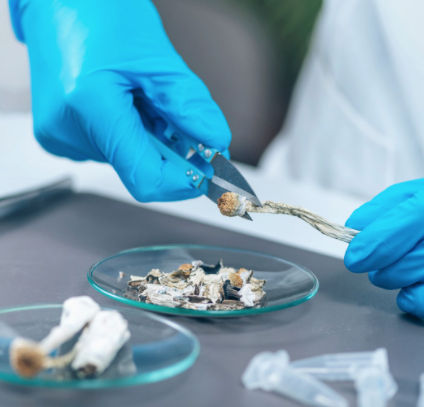
The emotionally uplifting experience brought about by psilocybin has many applications for mental and physical health. It has also been demonstrated to effectively treat depression, PTSD, anxiety, headaches, and spiritual alienation.
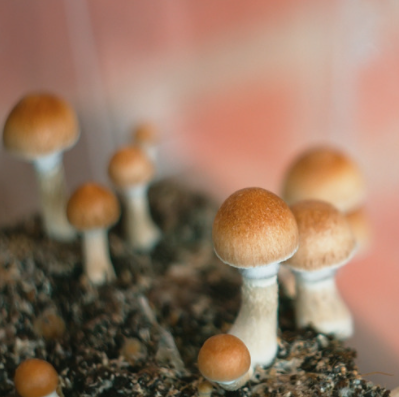
In September 2019, Johns Hopkins University announced the launch of its Center for Psychedelic and Consciousness Research. It is pursuing psilocybin-based treatments for depression, addiction, PTSD, Alzheimers, and chronic Lyme Disease. In late January 2020, Dr. Stephen Ross, associate professor of psychiatry in the Department of Psychiatry at NYU Langone Health, reported findings that "strongly suggest that psilocybin therapy is a promising means of improving the emotional, psychological, and spiritual well-being of patients with life-threatening cancer."
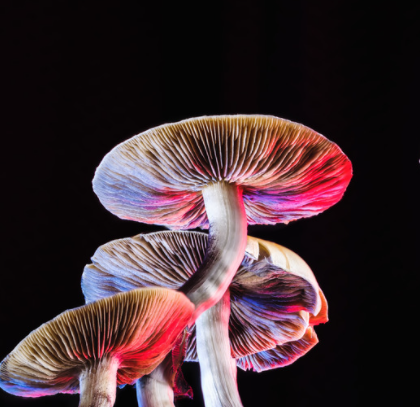
Are there any Risks Associated with Psilocybin?
While medical science has not identified any long-term adverse effects, some people experience nausea, confusion, fear, or other negative emotions while under the influence of psilocybin.
However, these negative experiences are often eased or go away when there is clinical assistance, or a psychedelic guide present, to help the consumer through their psychedelic journey. According to the University of Maryland Center for Substance Abuse Research, there is no evidence that psilocybin is physically or psychologically addictive.
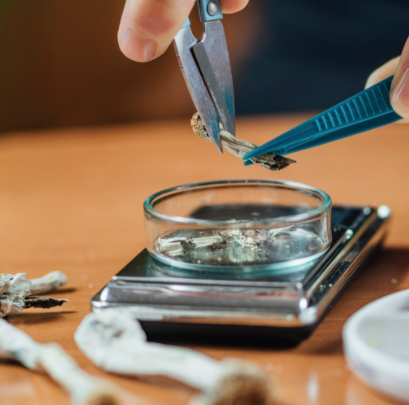
Is Psilocybin Legal?
Yes and no; Like marijuana, psilocybin is illegal at the federal level in the U.S., classified as a Schedule 1 substance under the Controlled Substances Act%2C%20methaqualone%2C%20and%20peyote.).
However, some local jurisdictions are passing laws for the decriminalization of psilocybin, and research institutions can obtain legal waivers. In 2019, Denver and Oakland decriminalized psychedelic plant-based substances, including psilocybin.
Legalization measures are expected to be brought before the legislatures in California and Oregon in 2020. In Brazil, Jamaica, The Netherlands, and Vietnam, psilocybin use is entirely legal.

Are there any Drug Interactions with Psilocybin?
The most important safety consideration when taking psychedelic mushrooms is to make sure that whoever harvested the mushrooms is an expert in making the correct identification. Some non-psychedelic types of mushrooms look similar and can be toxic. It is also wise to avoid mixing psychoactive drugs in general. For that reason, you should avoid using psilocybin with other drugs such as ice, speed, or ecstasy. Similarly, you should not use psychedelic mushrooms if you take psychiatric medication.
Where Can I Legally Seek Psilocybin Treatment?
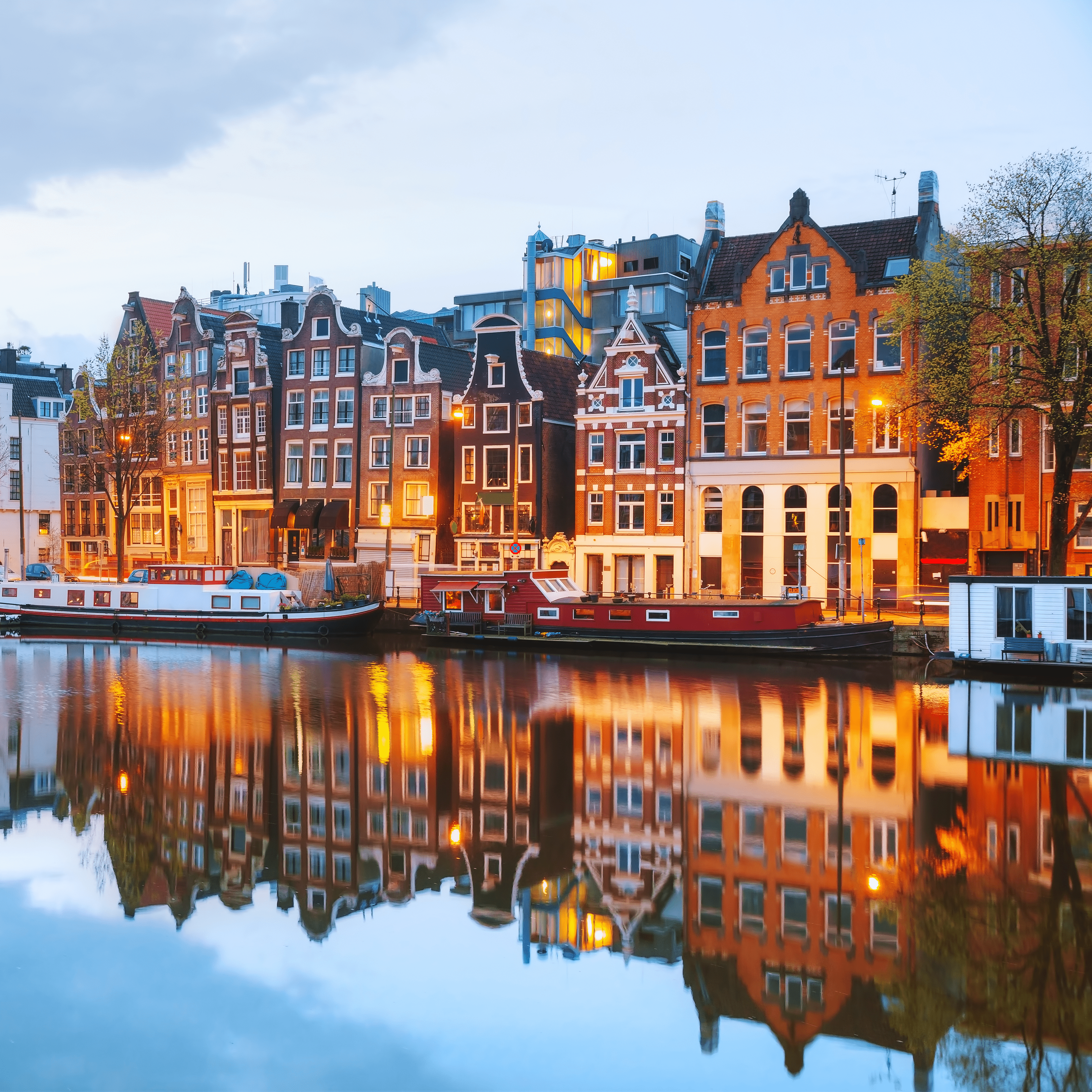
Currently, it is not legal to seek psilocybin-assisted therapy in the United States, although this may be changing as soon as 2023. Psilocybin is entirely legal in the Netherlands, and retreat centers welcome guests from all over the world. You can also look online to find psychedelic retreat centers, and many are located in Jamaica.
Get Your Medical Document & Purchase Medical Cannabis
It’s easy to get your medical document with the online Telehealth service HelloMD. Register, pay, and receive an online medical consultation with a licensed practitioner and start purchasing medical cannabis today.



